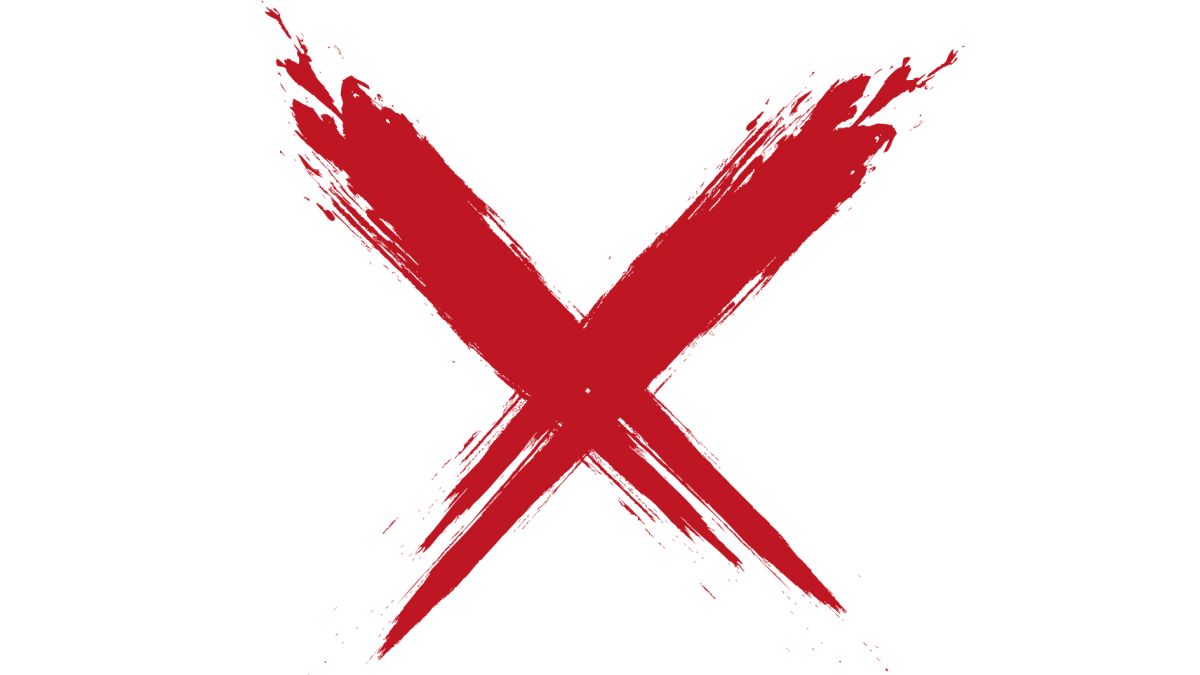

As for the one who rules by other than what Allāh revealed, and he believes that he is sinning, but he rules by other than what Allāh revealed, due to bribes paid to him, or other than that, or enmity to his constituents, or closeness to them, or their friendship with him, or similar to that, then this cannot be major disbelief.
[1]: Fatwá (no. 5226):
[Q]: When is takfīr (declaring a Muslim to be a disbeliever) permissible, and when is it not permissible? What type of takfīr is mentioned in the Statement of Allāh,
“And whoever does not rule by what Allāh revealed, then these are the disbelievers.”
[Sūrah al-Māʿidah, 5:44]?
[A]: The praise is due to Allāh Alone, and may Prayers and Peace be upon His messenger, and his family, and his companions. To proceed,
So as for your statement, ‘When is takfīr permissible, and when is it not permissible,’ then we feel that you should explain what is troubling you until we explain the ruling to you. As for the type of takfīr in the Statement of Allāh,
“And whoever does not rule by what Allāh revealed, then these are the disbelievers,”
then it is major disbelief (kufrun akbar). Al-Qurṭabī said in his tafsīr [2], ‘Ibn ʿAbbās and Mujāhid said, ‘Whoever does not judge by what Allāh revealed in rejection of the Qurʾān, and in denial of the statement of the Messenger (ṣallallāhu ʿalayhi wa-sallam), then he is a disbeliever.” As for the one who rules by other than what Allāh revealed, and he believes that he is sinning, but he rules by other than what Allāh revealed, due to bribes paid to him, or other than that, or enmity to his constituents, or closeness to them, or their friendship with him, or similar to that, then this cannot be major disbelief. Rather, it is sin, and indeed it is disbelief less than disbelief (kufrin dūna kufr), and oppression less than oppression (ẓulmin dūna ẓulm), and disobedience less than disobedience (fisqin dūna fisq). And all success is with Allāh. And may the Prayers and Peace of Allāh be upon our Prophet Muḥammad, and his family, and his Companions.
[2]: Fatwá (no. 5741):
[Q]: Is the one who rules by other than what Allāh revealed a Muslim, or a disbeliever with major disbelief? And are his actions accepted?
[A]: The praise is for Allāh alone, and may Peace and Greetings be upon His Messenger, his Family and his Companions. To proceed:
Allāh the Exalted said,
“And whomsoever does not rule by what Allāh revealed, then these are the disbelievers.”
[Sūrah al-Māʾidah, 5:44]
And Allāh the Exalted said,
“And whomsoever does not rule by what Allāh revealed, then these are the transgressors.”
[Sūrah al-Māʾidah, 5:45]
And Allāh the Exalted said,
“And whomsoever does not rule by what Allāh revealed, then these are the disobedient.”
[Sūrah al-Māʾidah, 5:47]
However, if he declares that lawful and believes that it is permissible, then his disbelief is major and his ẓulm (oppression) is major and his fisq (disobedience) is major, it takes him outside of the Religion. As for if he did that due to a bribe, or for another purpose, yet he still believes that it was unlawful, then he is a sinner who is referred to as a disbeliever with minor disbelief and a disobedient one with minor disobedience. He has not left the Religion, as was clarified by the people of knowledge in the explanation of the above mentioned āyāt. And the Success is with Allāh, and may the peace greetings of Allāh be upon our Prophet Muḥammad, his Family and His Companions.
[3]: Fatwá (no. 6310):
[Q]: What is the ruling upon the one who rules by the secular laws, whilst he knows that they are false. Yet, he does not wage war against them, nor does he work for their removal.
[A]: The obligation is to rule by the Book of Allāh and the Sunnah of His Messenger (ṣallallāhu ʿalayhi wa salām) when there is a difference. Allāh Exalted said,
“So if you differ in anything, then refer it back to Allāh and His Messenger, if you believe in Allāh and the Last Day. That is best for final determination.”
[Sūrah al-Nisāʾ, 4:59]
And Allāh the Exalted,
“So no! By your Lord! They have not truly believed until they refer the judgement to you in whatever occurs between them, not finding any hesitation within themselves from what you have ruled, and submit to it wilfully.”
[Sūrah al-Nisāʾ, 4:65]
So the rulership must be referred back to Allāh the Exalted and to the Sunnah of His Messenger (ṣallallāhu ʿalayhi wa-sallam). So if they do not rule by these two, and they declare it lawful (ḥalāl) to rule by other than them from the secular laws, due to covetousness for money or status. Then, he is perpetrating a sin, so he is disobedient with disobedience less than disobedience (fisq dūna fisq), yet he does not leave from the realm of īmān (faith).
Endnotes:
[1] Taken from al-Asaalah (issue 29/p. 77-78)
Translated by Maaz Qureshi
Most Popular: Last 30 Days

















